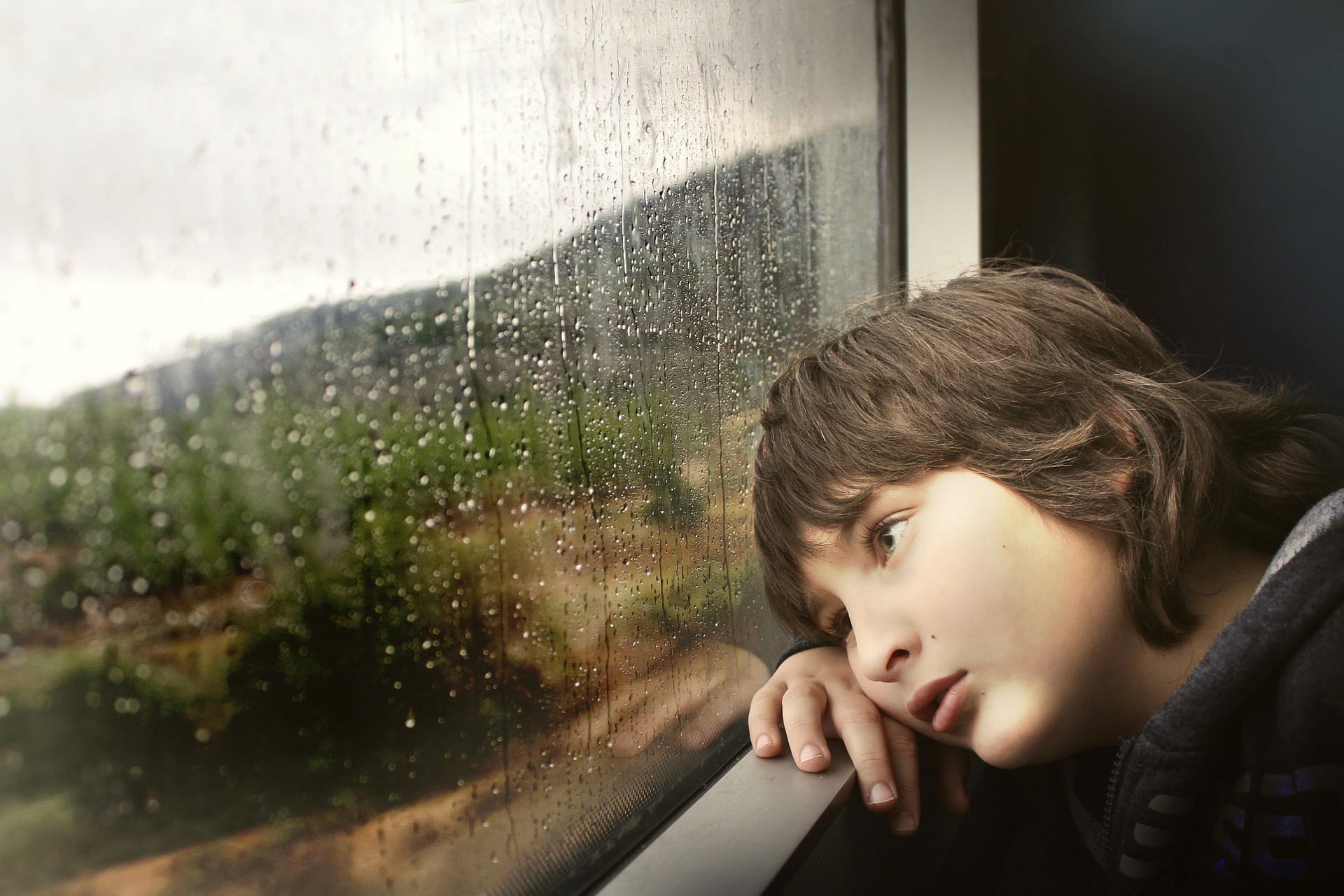The pandemic was a difficult time for everyone, but children were especially impacted. Things that were safe and fun before—playing with friends, going to school, joining sports teams—became dangerous. As we all resume pre-COVID activities, talking to your child about lifted restrictions, the fact it’s okay to be worried, and other positive reinforcements will help them return with more ease.
Teach your children the importance of resilience
Resilience is our ability to deal with tough situations and move forward. We cannot predict every major life event coming our way, but we can prepare ourselves by building strong support networks, accepting our limits, and communicating boundaries. You can practice this with your child by talking about big emotions, answering questions about COVID, and modeling good emotional control. Making an intentional effort with your child to work through struggles together will show them they can take on big emotions, too.
Watch for changes in behavior
You can only do so much to prepare your child to return to life as normal, but that doesn’t mean they will handle everything like before. Social anxiety, impulsive behavior, or depression may show up over time. After more than a year of lockdowns and quarantines, it is likely your child may feel overwhelmed. Look for any abnormal behaviors, talk to other parents, and keep the conversation going with your child about how they are feeling. Let them know it is okay to take a step back from activities or social obligations if they are not ready.
Start a routine and limit the amount of COVID-19 news coverage consumed
Falling back into old pre-COVID routines or creating new routines will help your child feel a sense of normalcy and reduce anxiety about COVID-19. It also gives them something to look forward to each day and provides them a sense of stability. Part of your new routine could be making decisions about when and how much COVID-19 news you consume. With 24-hour news channels and news apps at your fingertips, it is hard to avoid, which gives importance to sticking with a routine. Have a system to check in with the news that prevents you and your child from falling into a bad pattern of consuming bad news.
If you think your child needs help managing anxiety, stress, or grief, don’t hesitate to find outside support. You nor your child are alone in worrying about the outcomes of the pandemic. At Valley Oaks Health, we provide children’s counseling and other COVID-19 related resources.







